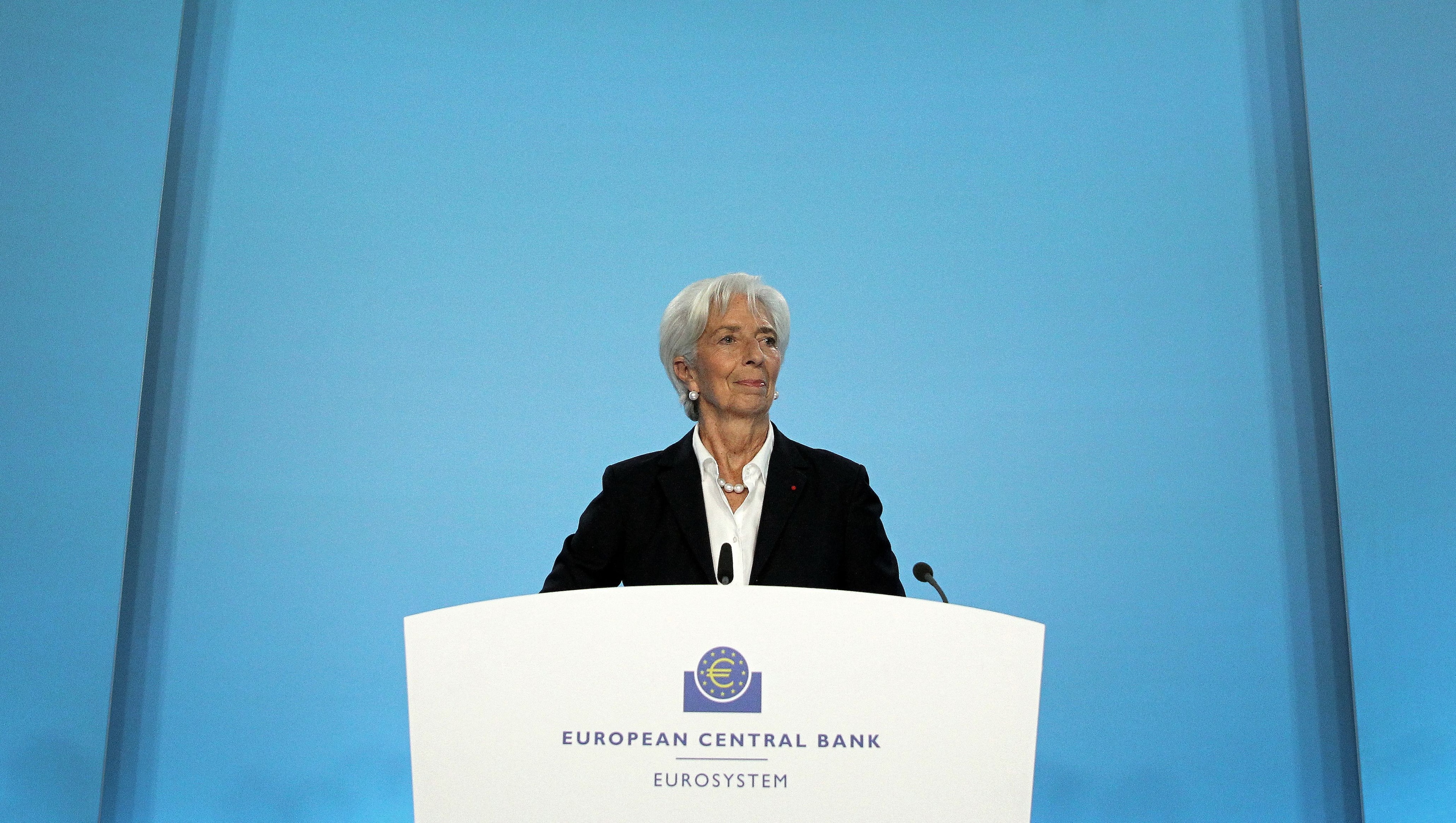
Last night’s market reaction to the Federal Reserve's 25 bps rate hike was a relatively benign one with US stocks finishing the day lower on disappointment that Powell ruled out the prospect of rate cuts soon, although the fall in yields suggests that bond markets believe they are coming.
European markets managed to finish the day cautiously higher, although the gains were modest compared to the declines seen the day before. In light of yesterday’s negative US finish, today’s open looks set to be a negative one.
US futures have also slipped back after PacWest Bancorp became the latest regional bank to say it was looking at strategic options in light of recent share price weakness, following First Republic last weekend, as it looks to secure new capital, or some sort of rescue package.
The removal of the language that signalled that more hikes were coming was a notable omission from the Fed statement, and while not inherently dovish, struck the right tone in acknowledging the recent change in financial conditions.
Powell’s press conference was uneventful, and while markets appear to be reading the Fed’s actions as a pause, the Fed chairman was quick to push back on the idea that rate cuts were on the way, although bond markets still appear to think otherwise.
Powell also said that the Fed’s next move would depend on how the data and events evolved, but in the context of a tight labour market and high inflation levels, which the Fed doesn’t expect to come down quickly, it appears policymakers want markets to believe that rates are likely to remain high for some time to come.
The big question for markets now given last night’s decision is what comes next, with the next key economic announcement due tomorrow in the form of the April payrolls report, which is yesterday’s ADP and ISM reports suggests that the labour market still has plenty of scope to add new jobs, and service level inflation remains sticky.
We also have weekly jobless claims which are expected to rise to 240k, from 230k.
Before that we have the ECB rate decision, which is expected to follow suit with a 25bps rate hike of its own, although there is a chance, we could see them move by 50bps.
Earlier this week flash CPI in the euro area for April edged higher to 7%, while core CPI slipped back to 5.6% from the record high of 5.7%.
Many have suggested that this means it is more likely that the ECB will take a step down from its 50bps rate increase increments, and hike by 25bps later today.
While that may well still happen, it doesn’t chime with recent comments from a number of ECB governing council members over the past few weeks who have said that there remains a long way to go before the ECB starts to consider a pause in its rate hiking cycle.
The ECB is already well behind other central banks in its rate hiking cycle and yesterday EU unemployment fell to a new record low of 6.5%. That might prompt a more aggressive posture today and a 50bps move on the basis that it is better to do too much when it comes to inflation than do too little. That is certainly the German view, and it's not a minority one so how ECB President Christine Lagarde navigates this particular maze will be instructive, when she holds her press conference.
A more aggressive hike might come with a similar tone to Powell yesterday, rather than a more tepid 25bps move, which would probably have to come with a slightly more hawkish tone.
There is a risk that the ECB could overplay its hand given what is already happening with PPI, having seen sharp falls from highs of 43.3% back in August last year, and could fall to 5.8% for March later this morning, with the month-on-month readings now starting to come in negative. With unemployment where it is, and this morning’s April services PMIs expected to be strongly positive, there may be a feeling that the ECB can afford to take the risk of a more aggressive hike.
In the UK the economy has managed to get off to a better-than-expected start to the year, with today’s April services PMI expected to be similarly positive with an improvement to 54.9.
UK mortgage approvals are also expected to improve in March with a rise to 46k from 43.5k, while net consumer credit is expected to slow to £1.2bn from £1.4bn.
EUR/USD – failed again just shy of the 1.1100 area yesterday with a break above 1.1120 needed to signal further gains towards 1.1200. The bottom of the range remains at the 1.0940 level. Below 1.0940 retargets the 1.0870 level.
GBP/USD – pushed up to a new 11-month high at 1.2590 yesterday with key resistance remaining at the 1.2630 area. We need to see a move through 1.2630 or risk a return to the 1.2340 area.
EUR/GBP – still chopping with support at the 0.8760 area this week, falling back from the 0.8840 area yesterday. We still have potential for further declines towards the 200-day SMA at 0.8730. A break above the 0.8870 area suggests a retest of the March peaks of 0.8925.
USD/JPY – continues to look soft after this week’s push up to the 137.80 area, giving up the move above the 200-day SMA, which suggests we could see further losses. The fall below 135.20 to 134.80 could be a signal for a return to the 132.80 area.
Disclaimer: CMC Markets is an execution-only service provider. The material (whether or not it states any opinions) is for general information purposes only, and does not take into account your personal circumstances or objectives. Nothing in this material is (or should be considered to be) financial, investment or other advice on which reliance should be placed. No opinion given in the material constitutes a recommendation by CMC Markets or the author that any particular investment, security, transaction or investment strategy is suitable for any specific person. The material has not been prepared in accordance with legal requirements designed to promote the independence of investment research. Although we are not specifically prevented from dealing before providing this material, we do not seek to take advantage of the material prior to its dissemination.























